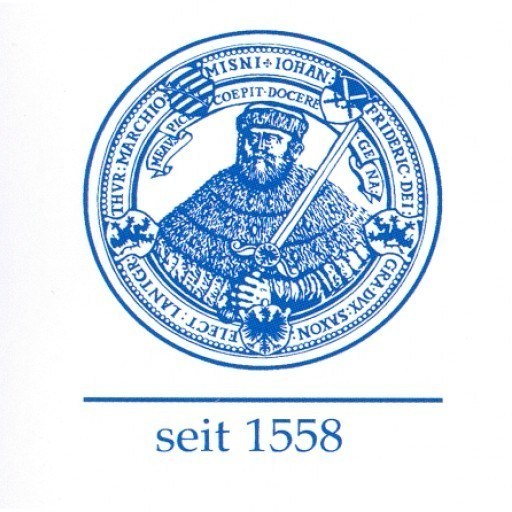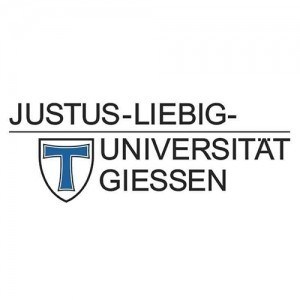Photos of university / #unijena
Evolution, Ecology and Systematics at the University of Jena offers a comprehensive and interdisciplinary approach to understanding the diversity of life on Earth. This program is designed to provide students with in-depth knowledge of the evolutionary processes that have shaped biological diversity, the ecological interactions that sustain ecosystems, and the systematics that classify and differentiate living organisms. The curriculum combines theoretical foundations with practical skills, enabling students to analyze evolutionary patterns, conduct field research, and use modern techniques in molecular biology, genomics, and bioinformatics. Students will explore a wide range of topics including phylogenetics, population biology, conservation biology, and ecosystem dynamics, equipping them with the tools necessary to address pressing environmental and biological challenges. The program emphasizes the importance of integrating different biological disciplines to develop a holistic understanding of life sciences. Students have opportunities to engage in field excursions, laboratory work, and collaborative research projects, often working alongside experienced researchers and faculty. Graduates of the program are prepared for careers in research institutions, conservation organizations, botanical and zoological gardens, or continue their studies at the postgraduate level. The University of Jena's location offers unique access to diverse natural habitats, promoting experiential learning and original research. With a focus on sustainable development and biodiversity preservation, the program aims to cultivate experts capable of contributing innovative solutions to ecological and evolutionary problems. Join us to explore the fascinating complexities of biological systems and to participate in cutting-edge scientific research that advances our understanding of life on Earth.
Educational organisation
The Master's programme takes two years and confers 120 ECTS credits. The first year builds on the Bachelor's degree and is intended to deepen students' subject knowledge. Active forms of teaching such as seminars, tutorials and practical laboratory or field courses make up much of the programme. Two basic modules of 10 credits each on evolutionary theory and evolutionary biology are compulsory for all students. The remaining 40 credits of the first year are normally obtained through follow-on modules in one of the three fields; systematic zoology, systematic botany or ecology, though further specialisation within those fields is also possible. With the agreement of their Master's thesis supervisor, students can also combine follow-on modules from the different fields, or take modules from a Master's programme being offered in yet another area of biology or, for example, in a field such as geosciences. ECTS credits that have been obtained abroad are generally recognised, and a period at a foreign university is actively encouraged.The second year of the course is dedicated to the Master's thesis. The practical work involved is weighted with 30 credits and the evaluation of the data and writing up of the results together confer a further 30 credits. Master's theses that involve field work or which are bound by vegetation periods can be begun in the summer semester of the first year. Master's theses can be completed at any of the three university institutes involved in the programme, or externally, e.g. at one of the non-university research facilities in Jena or one of our many cooperation partners in Germany and abroad.
Forms of assessment
Active forms of teaching such as seminars, tutorials and practical laboratory or field courses make up much of the programme.Course objectives
Graduates of this programme will have acquired the field-specific academic techniques as well as the communication skills necessary to publicly present the results of scientific research. They may also gain international experience by spending one semester abroad. The Master's programme qualifies students for work in academia and allows them to pursue a PhD in the areas of zoology, botany, systematics, ecology, evolution biology, and functional biodiversity research either at the FSU or at other universities in Germany and abroad.Language requirements
EnglishAcademic requirements
Applicants must hold a Bachelor's degree in the field of biology or a field recognised as equivalent to it. Admissions decisions will be based on a number of criteria, including your grade point average and letter of motivation.Enrolment fees
Semester fee (Student Services and Student Self-Government) including semester ticket for free use of public transport: approx. 190 EUR per semester and a one-off fee of 20 EUR for a multifunctional student ID card (Thoska)Costs of living
Approx. 550 EUR per month to cover personal expensesArrival support
For information about arrival and your first days in Jena, please see: http://www.uni-jena.de/en/International+Affairs/Studying+in+Jena/Degree_Seeking+Studies/FAQ+Degree+Seekers.html.Services and support for international students
See: http://www.uni-jena.de/en/Stipends_internat_students.htmlAccommodation
For the whole study period, you can use the offer of the Department of Student LivingSee: http://www.stw-thueringen.de/english/housing/wohnen.html.
You can also look for single or shared private accommodation on your own. There are numerous information boards with accommodation offers in the buildings of the university. However, please note that the availability of private accommodation in Jena is rather limited.










